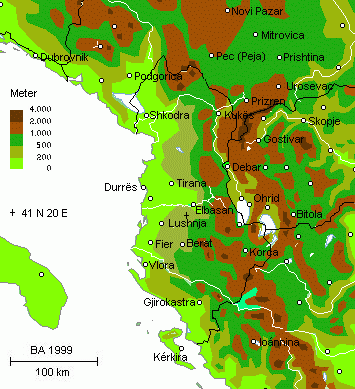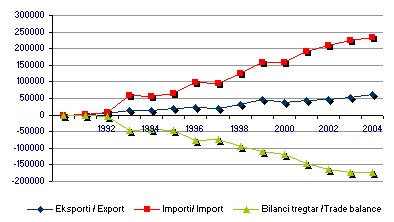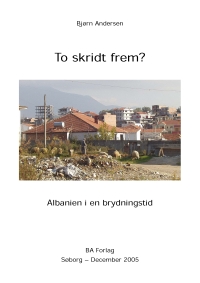Sidste Nyt fra Albanien, Kosóva og Makedonien
The Latest News from Albania, Kosóva and Macedonia
![]()
# 316 - 8' årgang - 15.09.2006
Version 1.0 •
PDF for printing •
Info om »Sidste Nyt« •
Tidligere numre
Udgiver:
Bjørn Andersen
Publisher:
Bjoern Andersen

Seniorforsker, Anja Dalgaard-Nielsen, PhD, DIIS: CIMIC. Militært-civilt samarbejde under genopbygning. Se nedenfor. Foto: BA






















